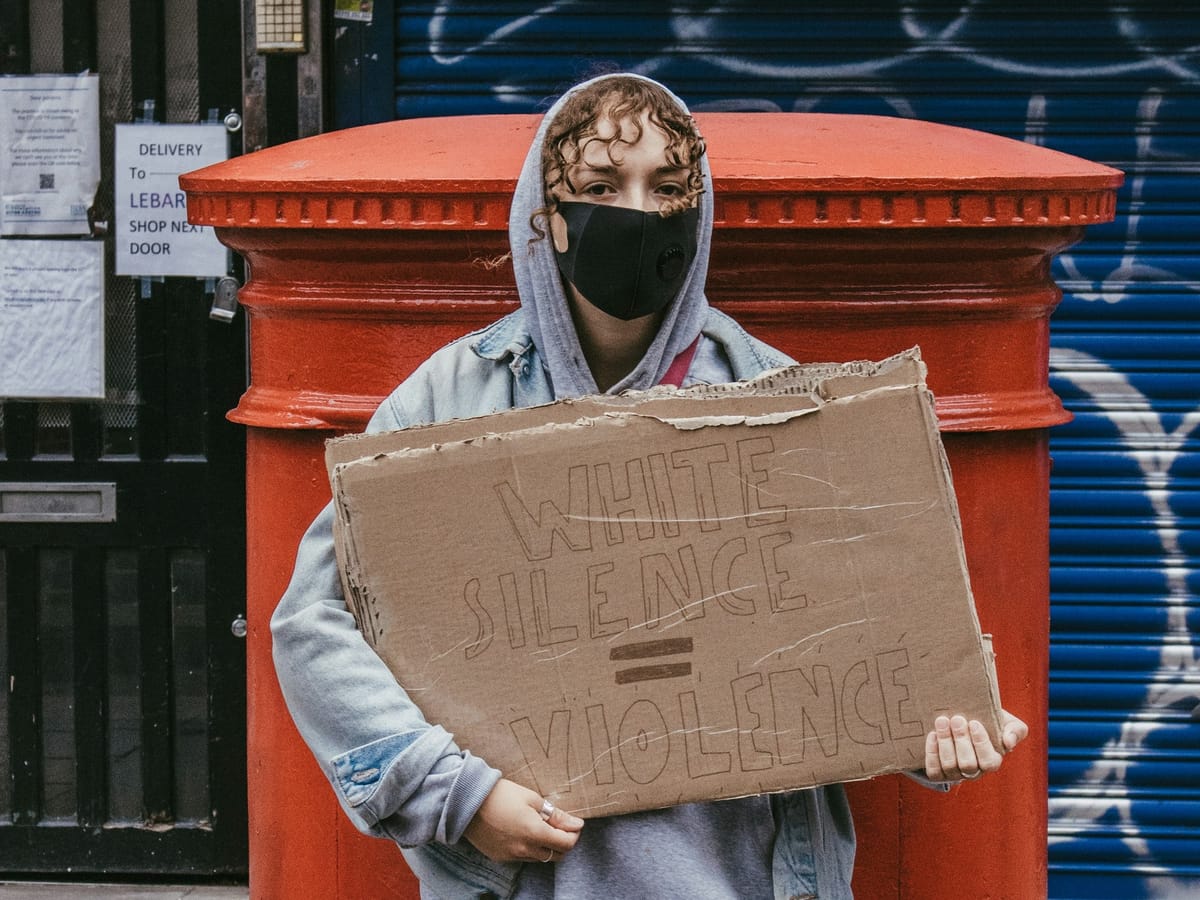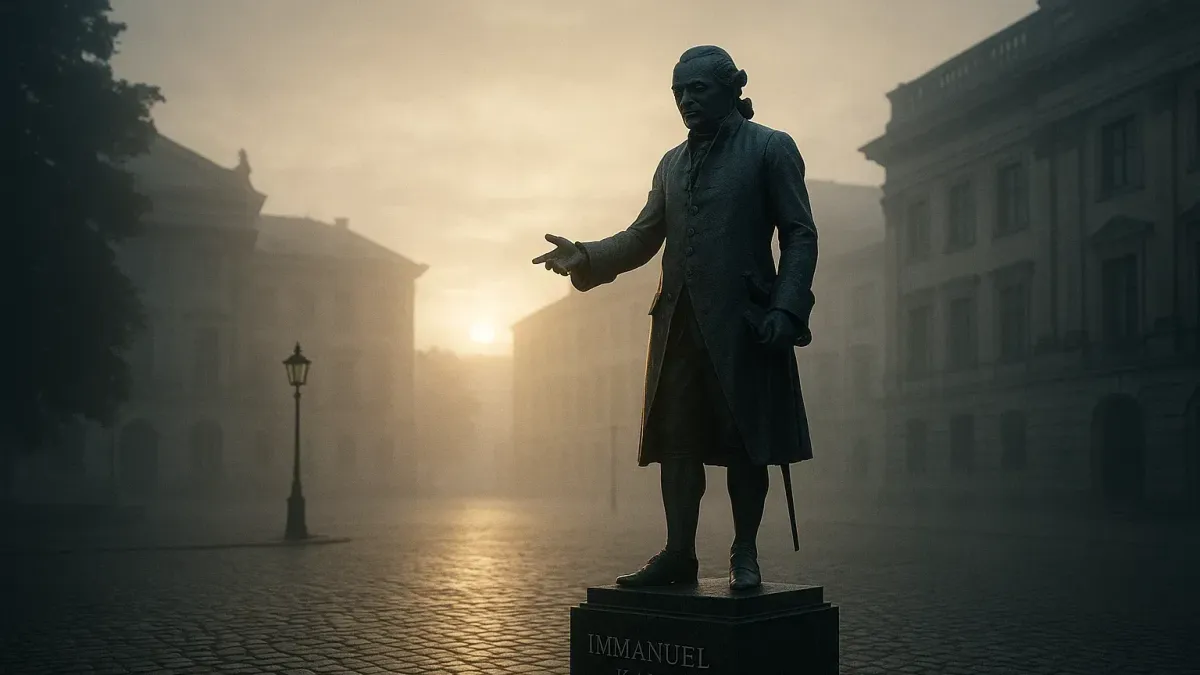There’s a scene unfolding in Britain that would have seemed impossible just a generation ago. A teacher, preparing a lesson on religious sensitivity, introduces the class to the concept of sacred imagery. The material is carefully chosen, the context educational. No laws are broken, no hatred stirred. And yet, what follows is not a thoughtful discussion or a letter from a concerned parent, but suspension, police involvement, and the quiet exile of the teacher from public life.
This isn’t fiction. It is modern Britain, where a new kind of blasphemy code is being enforced — not by parliament, but by pressure, fear, and institutional cowardice.
What makes this moment so dangerous is not just the erosion of free speech, but the confused silence surrounding it. There is no official law preventing the depiction of the Prophet Muhammad. No formal statute outlawing critical discussion of Islamic doctrine. But in practice, such boundaries are now treated as sacred, their transgression punished swiftly and without due process. It’s a form of legal theatre — the mechanisms of justice replaced by the choreography of appeasement.
Sharpen your thinking.
Join Veridaze and get 10 Mental Tools for Clearer Thinking — a free guide to cutting through noise, confusion, and nonsense.
At the heart of this shift lies a profound philosophical confusion. We have conflated tolerance with deference, respect with submission. The very values that once underpinned liberal democracy — open inquiry, the right to dissent, the freedom to offend — have been rebranded as obstacles to harmony. And so, with a mixture of discomfort and pragmatism, we erase the lines we once swore to defend.
To understand how we arrived here, it helps to recall that Britain’s own blasphemy laws — Christian in origin — were abolished only in 2008. Their demise was heralded as a triumph for secular pluralism: a signal that the state had no place in policing the sacred. But while one dogma was dismantled, another has quietly taken its place. Not codified in law, but enforced through reputational ruin, public apologies, and the ever-present spectre of offence.
This is not a story about Muslims, the majority of whom neither seek nor support the imposition of religious codes on wider society. It is, rather, a story about institutions that have lost their moral bearings. About headteachers who apologise for lessons they once would have defended. About police officers who treat feelings as crimes. And about public figures who mouth platitudes about “respect” while quietly retreating from the principle of free expression.
What we are witnessing is not just cultural drift. It is a reordering of the moral hierarchy — one in which avoiding offence takes precedence over speaking truth. And as history reminds us, once the right to question is subordinated to the right not to be offended, the result is not cohesion but coercion. Blasphemy laws, wherever they arise, are not designed to protect belief. They are designed to shield power from challenge.
The irony is that free speech is often portrayed as the language of the privileged. Yet it has always been the tool of the outsider, the reformer, the heretic. From Galileo to Rushdie, history has been shaped by those willing to speak when silence was safer. To forget this is to forget the very foundation of liberal democracy — that truth is not born from consensus, but from confrontation.
And so we arrive at a strange juncture. A nation that once exported liberty now imports deference. A culture that once lionised satire now punishes teachers for teaching. A political class that once defended freedom of conscience now offers only euphemism and retreat.
There is still time to change course. But it will require clarity. It will require the courage to say what too many now whisper: that no belief system, however cherished by its followers, is above scrutiny. That education must remain a place of exploration, not indoctrination. And that the role of a free society is not to shield its citizens from offence, but to equip them to withstand it.
This is not a fringe concern. It is the central challenge of our age. For if we abandon the principle that ideas must compete in the open, we invite a future where power no longer needs to argue — only to be feared.
We do not need new laws. We need to remember who we are.
Further reading
The Caged Virgin by Ayaan Hirsi Ali
A powerful critique of Islamic fundamentalism and the West’s failure to confront its implications, especially regarding free speech, gender rights, and liberal values.
Free Speech and Why It Matters by Andrew Doyle
A compact and clear defence of free speech in an age of censorship, moral panic, and cultural appeasement.
Prey: Immigration, Islam, and the Erosion of Women’s Rights by Ayaan Hirsi Ali
An unflinching exploration of how imported cultural norms can clash with liberal democratic principles, particularly in the context of gender, safety, and free expression.
The Silencing: How the Left is Killing Free Speech by Kirsten Powers
While focused on the American context, Powers’ book examines how cultural taboos and ideological conformity can silence debate in liberal societies.
Islam and the Future of Tolerance by Sam Harris and Maajid Nawaz
A rare and thoughtful dialogue between a secular atheist and a former Islamist on how Islam can adapt to coexist with modern liberal norms.
Defending Free Speech by Steve Simpson (ed.)
A collection of essays exploring legal, cultural, and philosophical threats to free expression in the West, including religious sensitivities and creeping self-censorship.
If you found this useful, consider subscribing for more thought-provoking articles. And feel free to share your take in the comments below.
You might also like:








